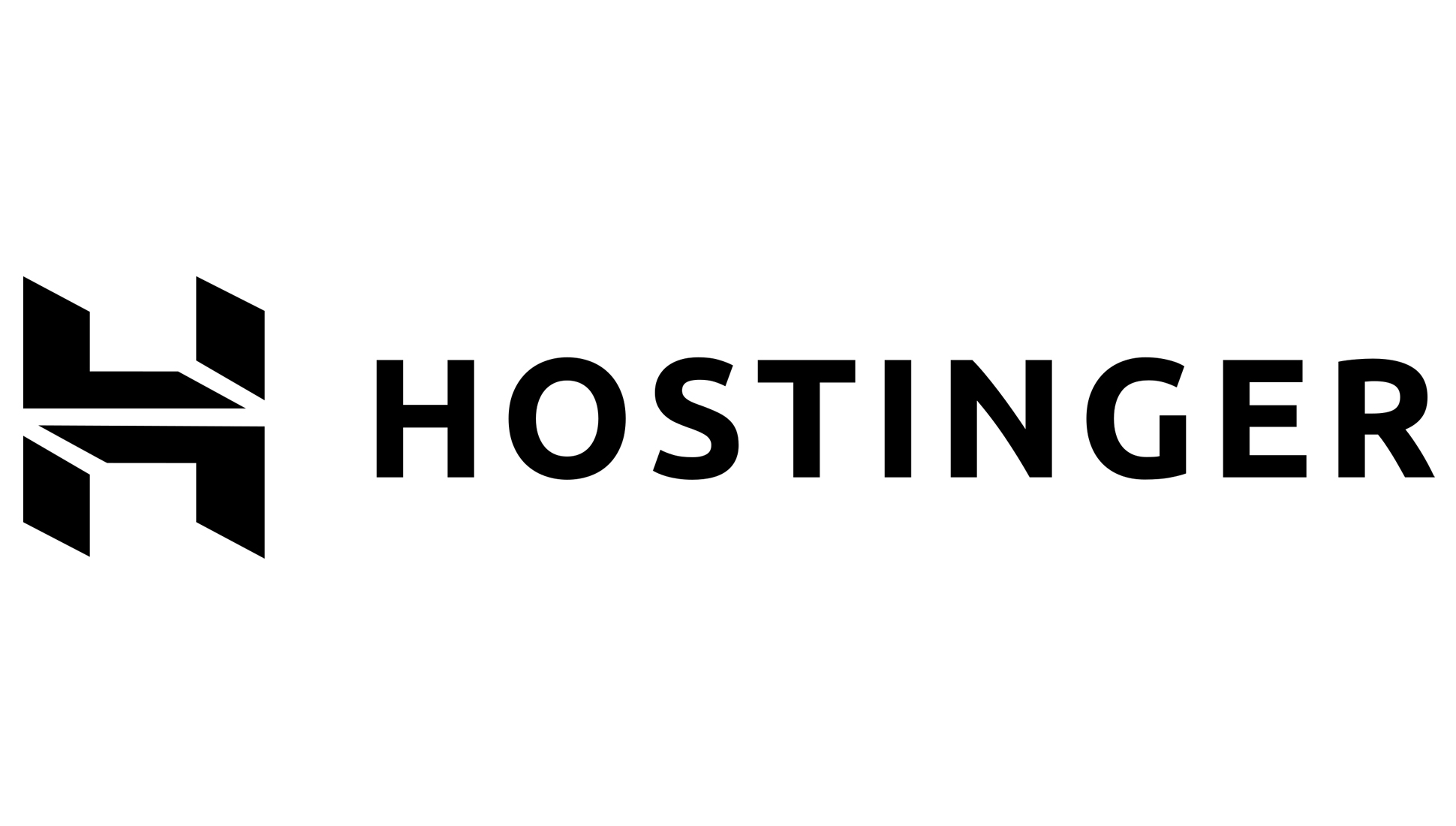
Just as a business needs an office, a website needs web hosting in order to run smoothly on the internet. But what is web hosting? And how do you choose the best web hosting service for your business?
Web hosting is a paid service that provides you with the resources needed to run your website. Depending on your hosting plan, you are given access to a certain amount of resources—such as storage space and network bandwidth—on one or more physical servers owned by the web hosting provider.
There is a wide range of web hosting services available in the market, each with its own collection of free and paid plans to choose from. Depending on your website’s technical requirements and your own personal know-how, you can opt for any of these plans to access the resources needed to run your website.
In this article, we’ll walk you through everything you need to know in order to choose the right web hosting provider for your website.
What is web hosting?

A website needs resources to stay online. These resources include such things as storage space for the site’s content, and network bandwidth to let visitors smoothly access it. While the storage makes sure that you have enough space to store all your site’s files, bandwidth is the capacity of data that can be transferred between the website and its users.
The resources are obtained from a server—which is really just a powerful computer that’s connected to the internet at all times. Typically, a web hosting provider will have a large number of servers spread across one or more remote data centers. Depending on the plan you go for, the provider will allocate a set amount of resources on these servers for your website to use.
Web hosting—free or paid?
A question that a lot of budding website owners seem to ask is whether they should invest in a paid web hosting provider, or just choose a free one. Free web hosting services are indeed available, but they are limited in nature and often come with certain strings attached.
Mostly, they are a way for a web hosting provider to advertise their more powerful paid hosting plans. For example, free web hosting will often limit the amount of storage space you can use or the number of visitors who can access your website in a given month. Services may even display intrusive advertisements on your website.
These things can greatly impact the functioning of a professional site, which is why the best free web hosting is only recommended when you are working on a personal project with no financial implications. If, however, you are using your website for professional or business purposes, a paid hosting plan is a must-have.
What are the different types of web hosting?

There are different types of web hosting services available in the market. They differ in aspects such as server speed, disk space, network bandwidth, and various secondary features. Depending on your specific circumstances, you can choose a plan with the resources that fit your needs and budget. Below are a few common forms of web hosting.
- Shared hosting: Shared hosting is a type of web hosting where a single server is shared by hundreds of websites. Because the servers are shared, their resources are divided between multiple websites, and result in lower server speed and higher response times. This is good for small websites, but established businesses and professionals will probably require something more powerful.
- VPS hosting: A virtual private server (VPS) is a virtual section with set resources created within a physical server. Unlike shared hosting, each server is divided into only a few virtual servers and shared between five or 10 different websites. This reduces server load, and gives each website ample resources to function. Virtual servers are therefore costlier than shared servers: find out more in our feature on VPS hosting, which outlines everything your business needs to know.
- Dedicated hosting: Dedicated hosting is the most expensive form of web hosting, in which a single site takes up an entire server. This ensures that the maximum amount of resources are available at all times for exclusive use by the website. Dedicated hosting is only necessary for very large sites that boast a huge audience. Our comparison pitting bare metal vs dedicated servers explains more about this hosting type, and discusses which of the two options is best.
- Cloud hosting: Cloud hosting is a new form of web hosting where a single site is hosted across multiple virtual servers, so it continues to function even when one server goes down. This ensures that your website is guaranteed maximum uptime. Check out our guide to the best cloud hosting providers to learn more.
Who are the best web hosting providers?

There are several tens, if not hundreds, of web hosting providers vying for space in the website industry. Because of the sheer number of options available, choosing the right hosting provider can prove quite challenging. We outline our top picks in our guide to the best web hosting services available, but here’s a summary of the top web hosts in the market right now to make your search a little easier.
Based in Europe with more than 30 million users, Hostinger provides powerful yet affordable web hosting options across different price ranges. It has data centers in the USA, UK, Singapore, Lithuania, and the Netherlands. Hostinger also offers one of the most reasonable cloud hosting plans in the market. Learn more about the company in our comprehensive Hostinger review.
Bluehost is based in the USA, and is almost two decades old. It currently supports over two million websites online. Bluehost offers a range of shared, virtual, and dedicated hosting services with one-click installation options for content management systems like WordPress. It is also known for excellent customer support, and its site migration tool is very easy to use. You can find out more about this service in our full Bluehost web hosting review.
HostGator offers superb shared hosting plans at attractive prices. There’s a 99.9% uptime guarantee and 24/7 customer support. All plans come with unmetered bandwidth. There’s a 45-day money-back guarantee and a free domain and SSL certificate included with each plan. Our HostGator review discusses the service and its features in more detail.
What kind of web hosting is right for you?
Generally speaking, the three things to look out for in any great web hosting provider—apart from storage and bandwidth—are server speeds, uptime guarantees, and customer support.
A good web host will always offer great speeds and reliable uptime, along with dedicated round-the-clock customer support. You should generally look for at least 99.9% uptime and 24/7 customer support from all hosting providers.
When choosing the right web hosting provider and plan, you have to keep in mind both short-term functioning and long-term scalability. Some hosting providers are easier to upgrade and transfer out of than others. Some even offer dedicated upgrade options and website migration tools.
However, no one web hosting company will be able to offer you a great deal in all these aspects, especially if you have budget constraints. This is where you will have to prioritize based on your business’s needs. As long as you stick to a reputable provider, however, you shouldn’t run into any issues.
Further reading on web hosting
We’ve produced a wide range of content to help you find the right web hosting for you, including the 5 common mistakes to avoid when choosing your web hosting provider; how your web hosting impacts security; our comparison of managed vs unmanaged hosting; and the five best anonymous hosting solutions to protect your privacy
What is web hosting? What you need to know to choose the right provider
